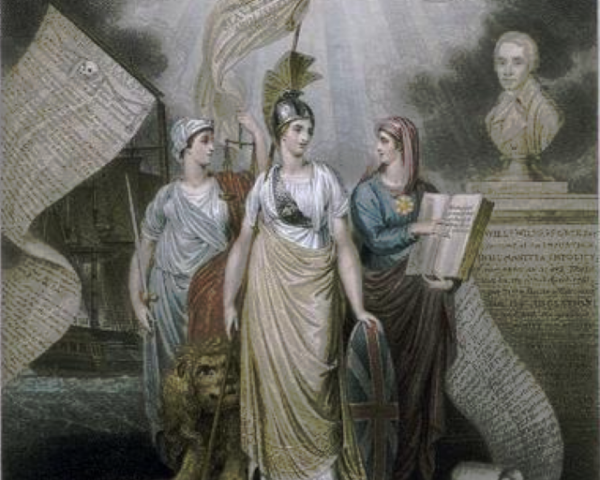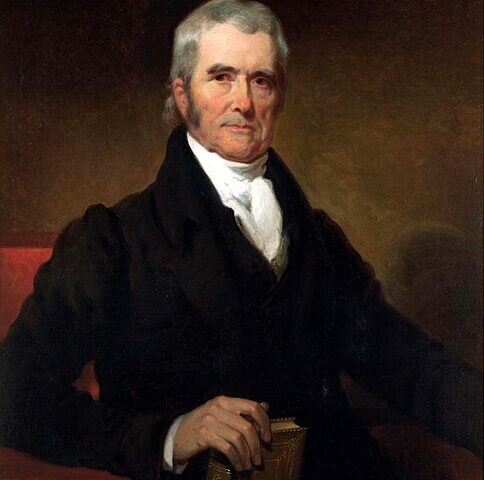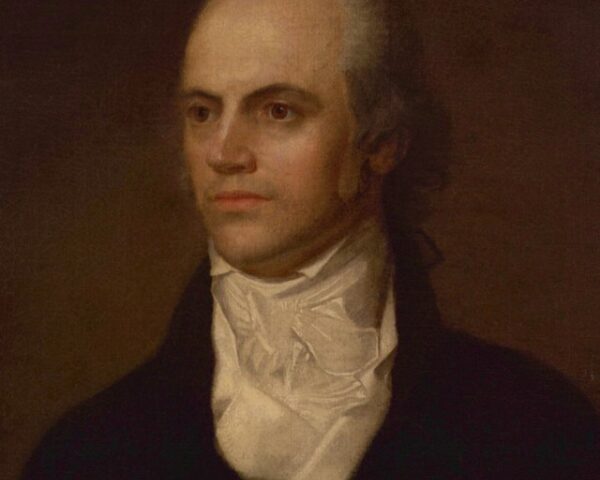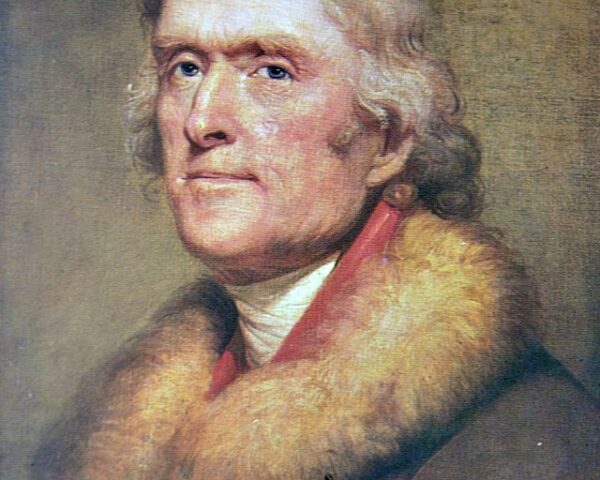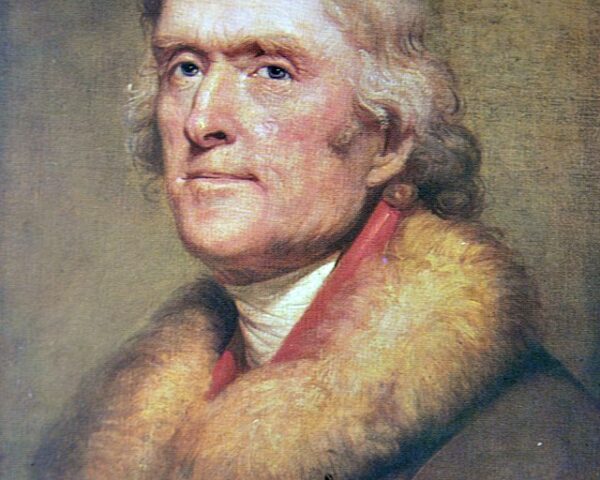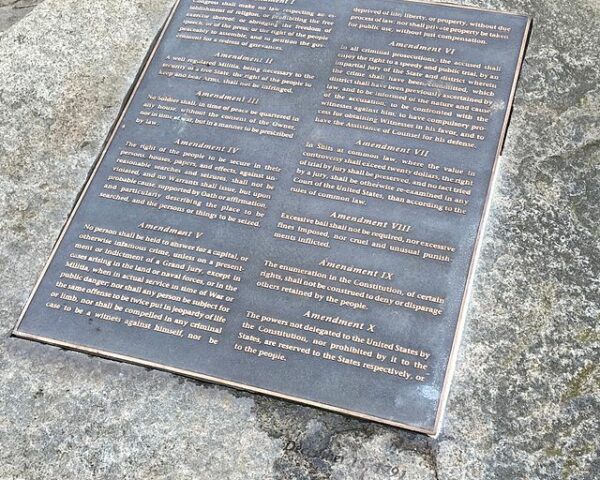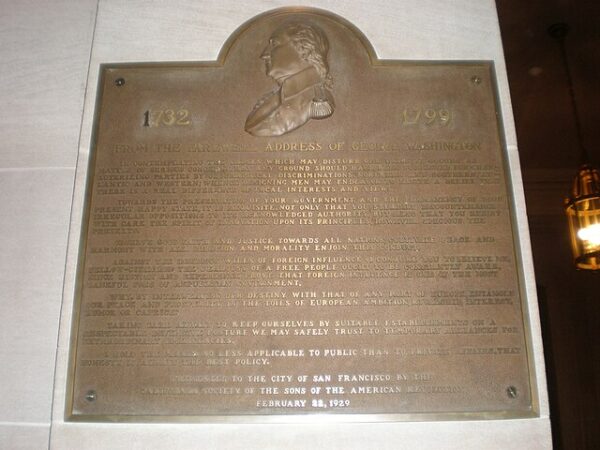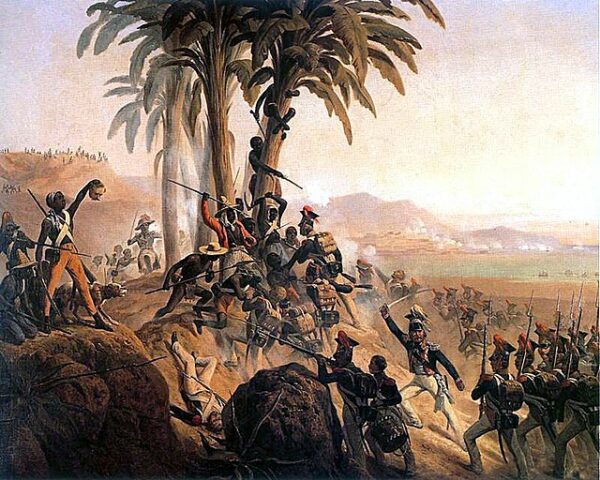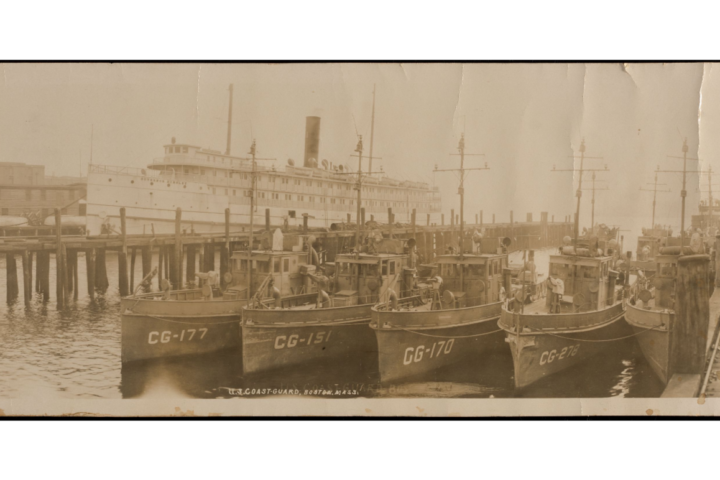In 1807, Congress passed a law banning the international slave trade to the United States, set to take effect at the start of 1808, as permitted by the Constitution. The debate over this legislation was influenced by economic interests, national security concerns, and fears…
Read MoreOn February 24, 1803, the Supreme Court established its power, shaping the country’s constitutional framework and establishing the principle of judicial review. Marbury v Madison centered around a dispute involving William Marbury, one of the “midnight judges” appointed by outgoing President John Adams in the final…
Read MoreOn February 19, 1807, former Vice President Aaron Burr was arrested for treason in Wakefield, Alabama, and confined to Fort Stoddert. The treason trial of Aaron Burr in 1807 marked a pivotal and controversial moment in American history, revealing the fragility of the young…
Read MoreThe presidential election of 1800 was one of the most pivotal and contentious moments in American political history, revealing both the strengths and weaknesses of the nation’s young electoral system. The contest between Thomas Jefferson and Aaron Burr, both representing the Democratic-Republican Party, resulted…
Read MoreOn December 20, 1803, in a modest ceremony in New Orleans, American officials formally took possession of the Louisiana Territory, completing what would become one of the most consequential land transfers in world history: the Louisiana Purchase. With that act, the United States doubled…
Read MoreThe United States presidential election of 1800 remains one of the most dramatic and pivotal in the nation’s history. At its core was the Electoral College, the mechanism by which the president and vice president are formally elected. On December 3, the electors cast…
Read MoreOn September 25, 1789, the First Congress of the United States proposed to the state legislatures twelve amendments that would enshrine American freedoms directly into the Constitution. Soon to be called the American Bill of Rights, ten were later ratified by the states and…
Read MoreOn September 19, 1796, the father of the United States left the stage for a final time, retiring to “sit in safety under his own vine and fig tree” at Mount Vernon. “After two terms in office, Washington decided to retire from public life, writes the…
Read MoreOn August 22, 1791, “The Pearl of the Antilles,” the French colony of Saint Domingue erupted in flames. The Haitain Revolution had begun as the enslaved held in bondage on the world wealthiest colony fought for their freedom. Spanning from 1791 to 1804, The…
Read MoreOn August 4, 1790, under the leadership of Secretary of the Treasury Alexander Hamilton, Congress authorized the construction of ten cutters to enforce federal tariff and trade laws and to prevent smuggling. Initially called the Revenue Marine, today we better know it as the…
Read More

